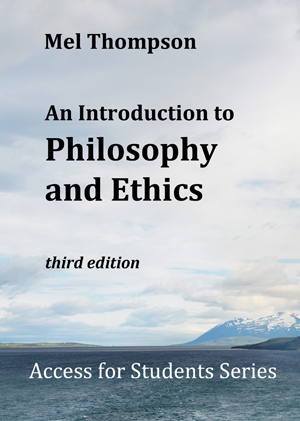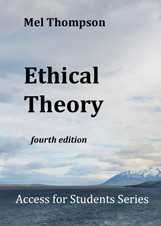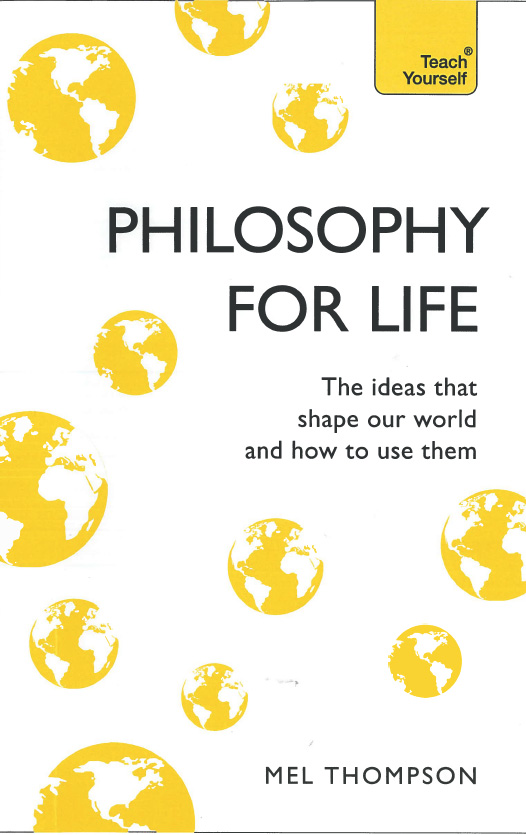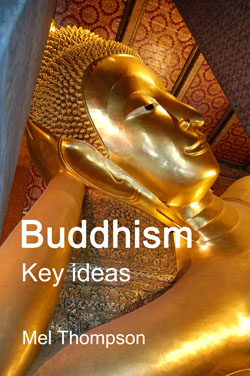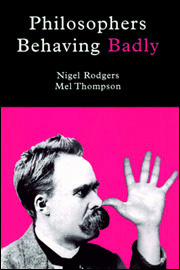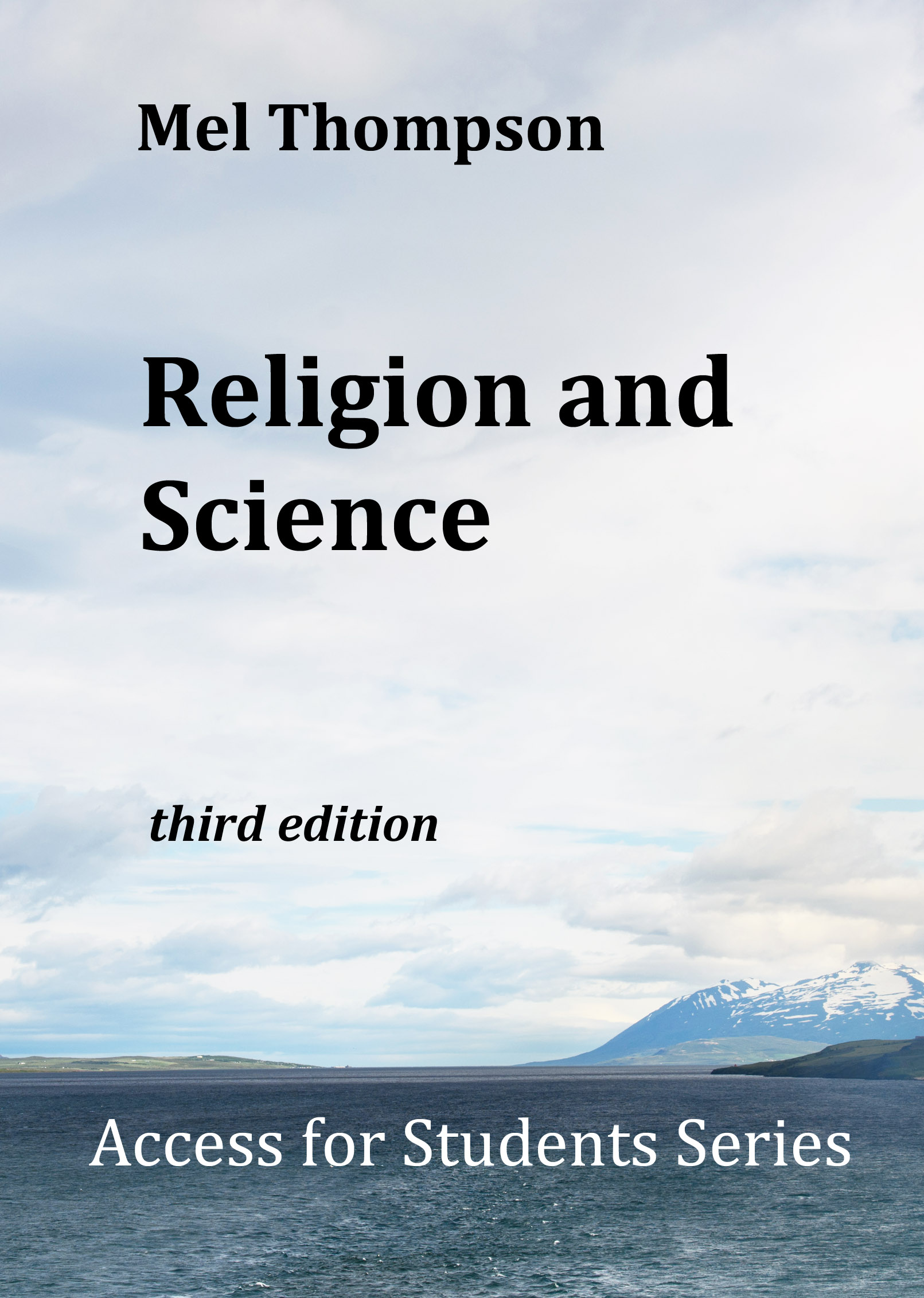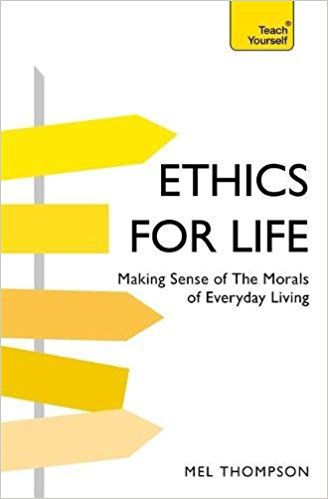Can the study of ethics make you a better person morally?
 In his column in the Guardian (16th November 2013) Oliver Burkeman comments on a study suggesting that those who research and teach ethics do not appear to be any more honest than the average. One possibility he entertains is that of ‘moral licensing’, namely that, having done a great deal of good in studying moral questions, we may feel entitled to break a few rules in real life. In other words, the danger is that ethics may lead us to become smug morally, with the attendant danger that we will therefore become less moral – or indeed find good reasons to excuse ourselves for what we do wrong.
In his column in the Guardian (16th November 2013) Oliver Burkeman comments on a study suggesting that those who research and teach ethics do not appear to be any more honest than the average. One possibility he entertains is that of ‘moral licensing’, namely that, having done a great deal of good in studying moral questions, we may feel entitled to break a few rules in real life. In other words, the danger is that ethics may lead us to become smug morally, with the attendant danger that we will therefore become less moral – or indeed find good reasons to excuse ourselves for what we do wrong.
This set me thinking, because the relationship between understanding ethics and behaving morally is not at all simple.
You can study something without wanting to become involved at a personal level; criminologists do not necessarily commit crimes, not do psychologists suffer mental disorder. But that’s because both things are being studied in order to find cures or to change behavior. Equally, I man take an interest in works of art, without expecting to take up a paintbrush, or listen to music without picking up an instrument. In such cases, my personal reason is that I am aware of my own lack of skill – I’d rather hear someone else play well than myself play badly.
But when it comes to ethics – the study of right and wrong – we are dealing with something with which everyone is concerned; there is no opting out of ethics, because opting out is itself an ethical position. If you study ethics, you study something that is of direct import to your own life. The question is, does the fact that you examine it as an intellectual subject necessarily impinge on your personal motivation and therefore on your behaviour?
But it depends on the approach taken to ethics. Descriptive ethics simply explores the moral choices that are accepted within particular societies at particular times. Such an exploration is hardly likely to influence one’s own behaviour – and that applies to any study. But to study normative ethics is to explore rational justification of action, and that surely requires some degree of identification with the rational conclusions reached.
Emotional commitment is quite different from intellectual appreciation. Plenty of people are practising members of a religion and yet deliberately avoid intellectual debates and decline to give justification for their supposed beliefs. Equally, it is possible to understand the intellectual appeal of a religion and yet have no particular desire to take part in its ceremonies or be identified as one of its followers.
Not that simple,however. Whether those who study ethics behave morally depends on how you assess moral behaviour. It could well be that those who think deeply about moral questions come to conclusions that are radically different from those of society in general. They may therefore be branded as immoral simply because they do not follow moral convention. And it would be crazy to assume we know what constitute moral behaviour, and then declare immoral those who differ. It would seem to be the case, however, that if one’s stated ethical position does not match one’s own behaviour it at least suggests that there is a loss of integrity.
And here there is, I believe, a wider question for the relationship between philosophy and life. There was a time – roughly up until the end of the 1960s – when the linguistic approach to philosophy reduced ethics to meta-ethics. In other words, one set about the study of ethics in order to understand the significance and operation of ethical terms, not to discuss big moral issues of the day. The philosopher was not expected to comment on practical moral issues. Now all that has changed and it is expected that philosophy will contribute something to the sum total of human awareness and practical living. That is how it should be, surely, if we are to take anything from the Ancient Greeks, for whom philosophy was very much a matter of understanding how to live the good life.
My problem, then, in ethics but also in the philosophy of religion, is to know how the intellectual should be related to the emotional. Hume, for example, saw a natural sense of benevolence as underpinning morality, and some centuries earlier, Anselm took the view that he had to believe in order to understand. (And let’s not get that wrong – it did not imply that one has to accept the answer in order to ask the question, merely that one’s personal involvement in that answer was key to getting the intellectual approach right. The implication of his famous comment was that detached intellectualizing could not touch the level at which the beliefs worked.)
I think something of the same will always apply to ethics. It might be thought that the straightforward application of a utilitarian ethics (seeking the greatest good for the greatest number) might solve all moral dilemmas without the need for personal preferences - the results of an action appearing to speak for themselves. But further reflection shows that utilitarianism only works on the basis of presupposed values (What constitutes 'good'?). Without values, ethics will not work, because it has no point. Whereas the study of ethics might not make you morally more sensitive, or any more inclined to do what most would consider to be the 'right' thing, I sense that its real value lies in the fact that it pushes you into examining the presupposed values of each ethical argument, and thus the basic view of life that they presuppose. I don't see moral goodness as at all related to being able to argue for the correctness of a particular course of action, but it has everything to do with being sensitive to, and constructively critical of, the values by which one lives.


